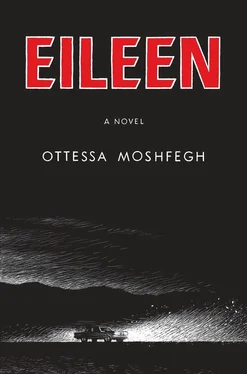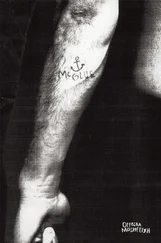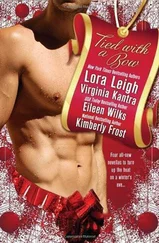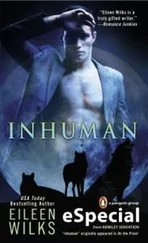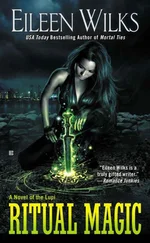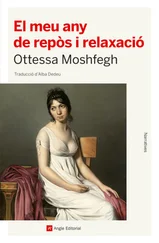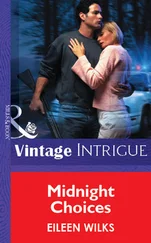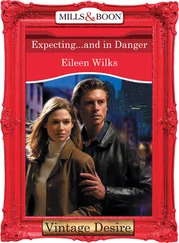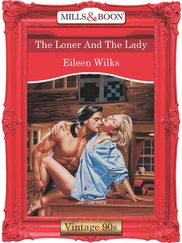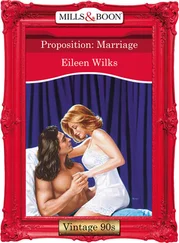“OK? I’ve twisted your arm?” Rebecca joked. She let the door swing open a bit. I could see Lee Polk sitting in a chair in front of her desk, looking through a large book of pictures. When he saw me he held the book up to hide his face.
“Sure,” I said. “How about O’Hara’s around seven?” I was shocked by how easily the words came out of my mouth. I hoped my death mask had not betrayed me, prayed I sounded cool. O’Hara’s was just a dark dive with hard wooden booths, a place working-class locals went. The usual clientele were cops and firefighters and men from the shipyard who stank powerfully of sweat and salt. Two single women alone at a place like O’Hara’s would inspire strange looks, or worse. But I was game. I was a peon and I was a child, but I was not a coward. “It’s the only bar in town,” I added.
“Sounds perfect,” Rebecca whispered. She made a playful, conniving face. “I’ll see you there. With bells on! Is that the expression?” She shut the door.
So that was something. You have to remember I was what you’d call a loser, a square, a ding-a-ling. I was a wet blanket. I had never gone out at night. Even in college, the dances were chaperoned, and among the girls in my dorm was the sense that to stray from the flock meant you were a floozy, a prostitute, a sinner, greedy, disgraceful, a threat to civilization, bad. Setting foot in a place like O’Hara’s would have been frowned upon. But if Rebecca was doing it, I would do it, too. What did I have to lose? I left work early to give myself time to go home and change. I figured I had to put on a dress, do my makeup, find my mother’s perfume. Getting dolled up was completely silly, of course. You can always tell something when a woman is overdressed — either she’s an outsider, or she’s insane.
I wasn’t a stranger at O’Hara’s. Sandy, the bartender, was a thick and slow-moving man with deep acne scars and a gold cross, a flirt. I’d been there plenty of times, first as a young girl sent in to fetch my father from an extended after-work beer with his fellow cops while my mother waited in the car, and later as a sober escort when he’d get drunk and refuse to accept a ride home. I remember one autumn evening in particular when I was home from college for the weekend, my mother sent me to the bar to pick up my dad. Driving home along the moonlit streets, he laid his head on my shoulder, told me I was a good girl, that he loved me, that he was sorry he couldn’t be better, that he knew I deserved a real father. It moved me at first, but then his hand went to my breast. I beat him off easily. “Quit fussing, Joanie,” he said, slumping back in his seat. I never mentioned it to anyone.
Before I left Moorehead that day, I finished the vermouth in my locker, and then I drove to the liquor store for more gin and beer for my father and another bottle of vermouth for me. I’d need a drink before meeting Rebecca at O’Hara’s, I was that nervous. At home, I set the bag of booze down next to my father, who was sleeping in his recliner with his face smushed against the cushion, eyebrows raised, forehead clenched, body twisted and clunky under the flannel robe. I ran up into the shower as silently as I could. Let me be clear about this: I was not a lesbian. But I was attracted to Rebecca, yearned for her attention and approval, and I admired her. You could call it a crush. Rebecca might as well have been Marlon Brando, James Dean. Elvis. Marilyn Monroe. In such company, any normal person would want to look right, smell good. I worried what might happen if Rebecca wanted to lean in close to me the way she did with Lee. What if she could smell that I was menstruating, and that I hadn’t washed? What if she smelled it clear as day but didn’t say anything? How, then, would I know whether or not she’d smelled it, and how ought I act to pretend I didn’t know Rebecca smelled it? My poor nether regions. My body’s readiness to bear a child seemed classless and vulgar to me, and I felt that if Rebecca had any idea that I was menstruating, I would be humiliated. I would die. These were my thoughts as I scrubbed.
Once I got out of the shower, I put my hair up in a towel and listened for the sound of my father fussing downstairs, hoping I could sneak out without having to talk to him. The prettiest song I’d ever heard was the silence of the house that night, just the pipes gently clanging, the wind howling outside. I dressed per usual from my mother’s closet, choosing what I thought would look nice — a black wool dress with a high neck, a golden broach of leaves in a circle. I brushed my hair, which was still wet, put on my new shade of lipstick, pulled on a fresh pair of stolen stockings, then stood perplexed at my mother’s closet full of shoes, which were all one-half size too big. I didn’t own any shoes besides my beat-up loafers and my snow boots, so I wore the snow boots. They made me feel oafish and silly, but it was winter, after all. I chose a black cape from my mother’s collection of winter coats, grabbed my purse, shut the door softly, and ran out to the car. It was so cold that by the time I was out of the driveway, my hair had frozen in strips. They rattled like dead insects by my ears while I drove with the windows up, holding my breath. I parked under a broken streetlamp across from O’Hara’s, reapplied my lipstick in the rearview mirror and skidded over the ice to the bar.
When I opened the door to the dark, warm din, there was Rebecca, legs crossed high on a bar stool, facing a booth full of scruffy young men. They all seemed to be sweating a little, smiling, nervous as kittens and swirling their beers. Each wore the customary heavy wool jacket in blue, gray, or red plaid, and a hat — either a tight-fitting knit cap or the kind with the flaps that come down over the ears — and their faces were red and chapped from windburn and sunburn and cold. The four of them listened as Rebecca went on about something I couldn’t hear.
“Oh, Eileen!” she exclaimed, interrupting herself. Her voice sang through the smoke and Christmas carols playing on the jukebox — Perry Como or Frank Sinatra, I couldn’t tell the difference. The booth of men fell still, all eyes on Rebecca and none on me as I walked toward her. Nevertheless, I felt important, like a celebrity, even. Rebecca swirled around on her bar stool, ignoring her audience of admirers, and waved to me as though we were good friends coming together again after a dramatic period of separation, as though she were leaning over the rail of some romantic ocean liner, me a sight for sore eyes, so much to talk about. She was drinking a martini, and I studied the way she held the glass, which fingers she used, pointer and pinky raised in the air like at an elegant soiree. She was utterly out of place at O’Hara’s. She wore her same outfit from work, but she had tied her hair back into a braid. Her coat lay across the seat of the stool next to her. As I approached her, she turned and pulled the coat off and added it to the pile of fur hat and leather gloves on the seat to her left. “I was saving both these seats,” she said, “in case someone tried to sit down, know what I mean? Well, have a seat. What’ll you have?”
“I’ll have a beer, I guess,” I said.
“A beer, how neat,” said Rebecca. This was quaint to her, this beer. It was clear that she was from what you’d call an affluent family, so affluent that she seemed to care not at all what anybody made of her. She was motivated by something other than money — personal values, I suppose. But while she had the unmistakable ease and refinement of someone from the upper class, or at least a good deal higher in class than me and the fine patrons of O’Hara’s, there was also something earthy about her. Her hair, especially in its red color, its roughness, its wild beauty, kept her from seeming like a snob. Sandy walked toward us, drying his hands with a rag. He slapped it over his shoulder, put his elbow down on the bar, and leaned in toward Rebecca.
Читать дальше
